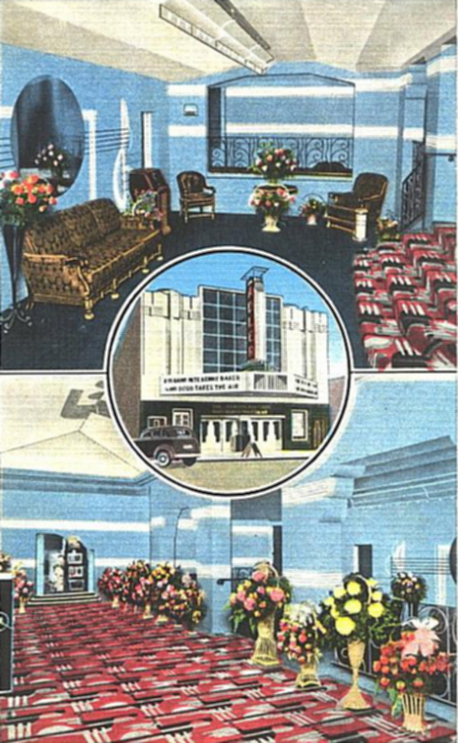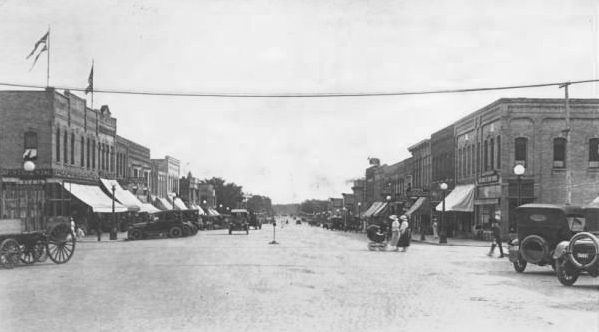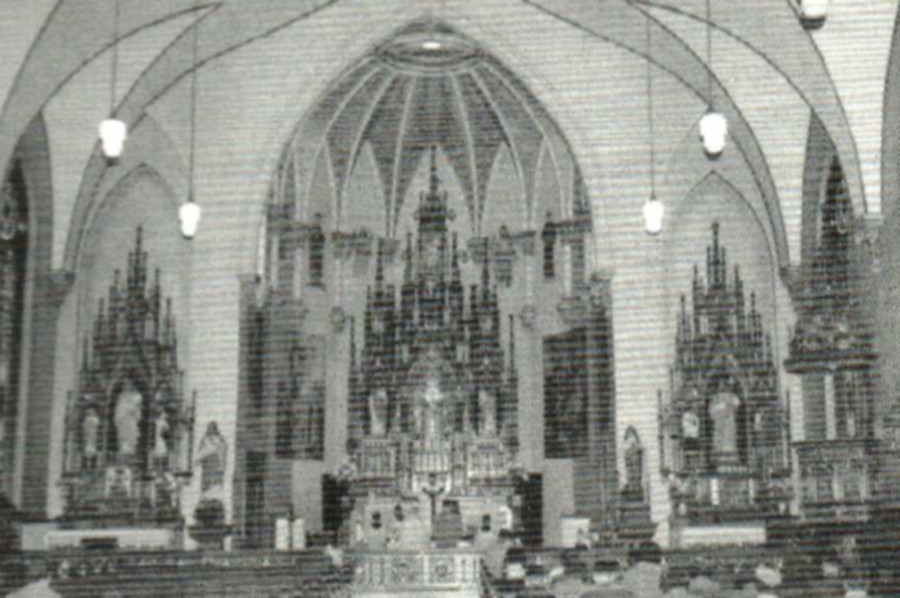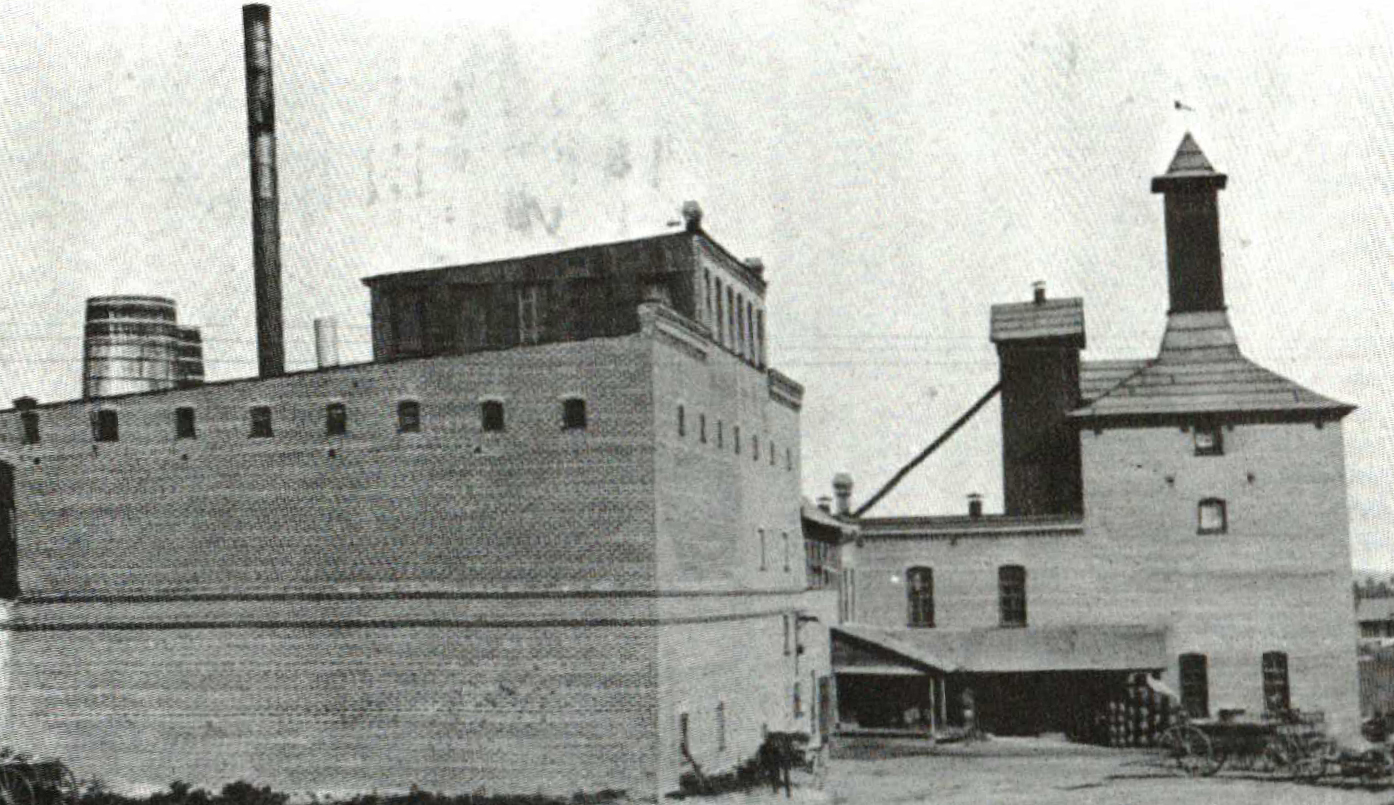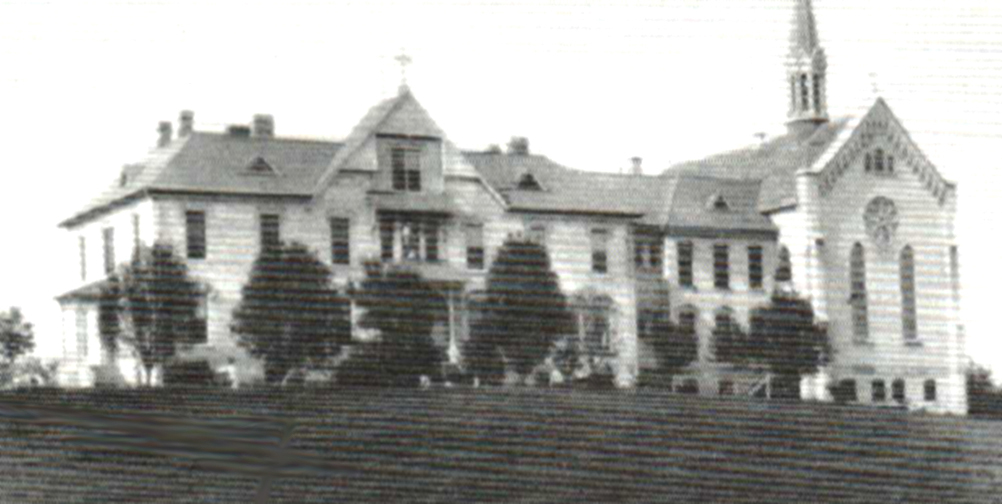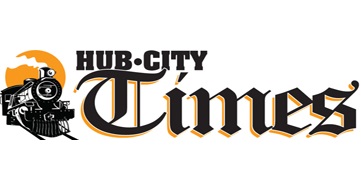Century Corporation: Prince celebrates 100 years
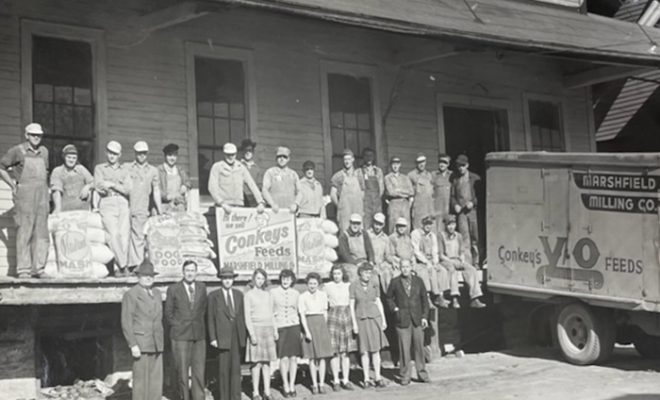
By Kris Leonhardt
MARSHFIELD – While 2022 marks 100 years for Prince Corporation, the company’s roots can be traced back to the mid-1880s and a very prominent Marshfield pioneer.
“It started in 1886 as the Banner Mills, started by (William H.) Upham, who was the founder/governor/Civil War hero,” explained Prince CEO Shaun Quinlan.
“In 1886, he built banner mills. He also had a logging company, saw mill; he had a bunch of businesses,” added Christy Ogurek, director of manufacturing at Prince.
The Banner Mills started with just seven employees. A local news item chronicled Upham enjoying the fruits of his labor, when he had the first biscuits made from wheat harvested in the area and ground in his mill the evening of Feb. 9, 1886.

The Banner Mills was started in Marshfield in 1886, with just seven employees. Submitted photo
The following year, the mill was destroyed in the “Great Marshfield Fire.” A new facility was later constructed on West Second Street.
A report showed that by 1889 the mill was receiving 211,583 bushels of wheat; 54,827 bushels of rye; 100,561 of corn; 132,880 of oats; and 4,300 of buckwheat in a two-year span. Total shipments from the mill exceeded 26,756 tons, which would require 100 trains with 25 cars to handle the freight if all totaled together.
In March of 1901, strong winds blowing through Marshfield tore off a portion of the tin roof on the mill, but repairs were made and the facility was back in production quickly.
The mill started producing “Royalty Patent” flour from “Minnesota Hard Spring Wheat” sold in sacks.
In 1903, the Banner Mills offered six-pound samples for free to try their product; the six-pound sacks were considered a “small” bag at the time, as they were typically sold in 25, 50, and 100 pound sacks in local stores.
In 1906, Upham added more modern milling equipment and planned for an increase in production.
In November of 1907, the mill added a 24 foot x 80 foot warehouse capable of storing 20,000 barrels of flour as the business worked to keep up with increased demand
Two years later, the Upham Banner Mills were sold to C.J. Sparr, who named the business Sparr Cereal Co.
As Sparr Cereal, the company’s fleet was made up of two teams of horses. The teams hauled grain to the depot for shipping.
The mill’s focus then turned to ground corn for meal and “grits” for making beer. Shipping was stated to go as far as New Orleans, LA.
Next week: Part II – A fair trade

